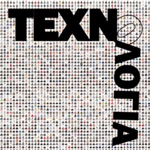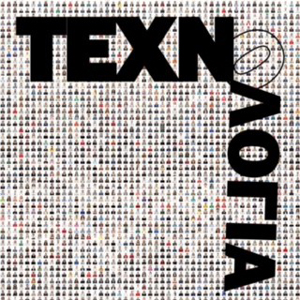Dare to Know: Prints and Drawings in the Age of Enlightenment, R.H. Lossin, δημοσίευση στο e-flux [28/2/2023]

In 1784 a Berlin newspaper invited responses to the now-familiar question “What is Enlightenment?” Immanuel Kant’s reply retained the question as its title: a choice which has contributed to the sense that the question has, always, already been answered. But we keep asking it, and Kant’s “What is Enlightenment?” now ranks high among often cited and rarely read texts of the Western canon. It contains some dependable platitudes concerning free expression, as well as the exhortation “Sapere aude!” (“Dare to know!”), frequently taken as the most succinct version of his answer.
“Dare to Know: Prints and Drawings in the Age of Enlightenment” at the Harvard Art Museums brought together 150 prints, drawings, and books in order to examine how images contributed to the production and dissemination of Enlightenment knowledge between roughly 1720 and 1800. The accompanying catalog is an homage to Diderot and D’Alembert’s Encyclopédie (1751-72), with twenty-six alphabetically arranged articles on topics that shape our own understanding of eighteenth-century thought. According to Elizabeth Rudy and Tamar Mayer’s entry on “Time,” the very act of looking backward as a mode of inquiry is an intellectual operation that would not be possible without the notion of history that emerged in this period.
There remains a persistent belief in the Enlightenment as the origin of modern Western thought and, as a result, politics. This is either good or bad depending on who you ask, but the sense that the present is somehow directly linked to this place-time that we call the Enlightenment lingers. Jason Farago has suggested that “dare to know” was the eighteenth-century equivalent of “stay woke,” while countless others have prescribed a “return” to Enlightenment values as panacea for any number of social and political ills.1 Forgotten is Kant’s total intolerance for Catholics and the significant constraints (including censorship) on “the freedom to use reason publicly in all matters” that he sets forth. But this convenient forgetfulness might not matter much. Michel Foucault observed that, for the late eighteenth century, the question “What is Enlightenment?” was far more noteworthy than any answer. The term was old news even before Kant defined it: “something familiar and diffuse, something that was going on—and fading out.” What the newspaper was really asking, Foucault argues, was “What is it that has happened to us? What is this event that is nothing else but … that something that we … are?”
Περισσότερα εδώ.





